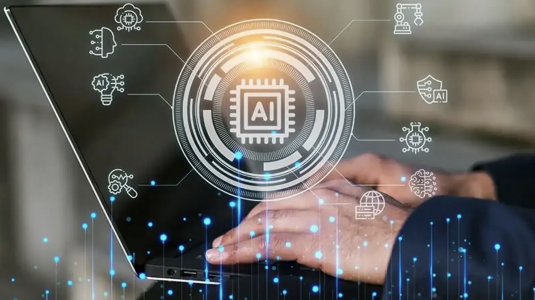AI to Accelerate Living Systematic Reviews
Background: Systematic and meta-analytic reviews provide gold-standard evidence but are static and outdate quickly. Here we provide performance data on a new software platform that uses artificial intelligence technologies to (1) accelerate screening of titles and abstracts from library literature searches, and (2) provide a software solution for enabling Living Systematic Reviews by maintaining a […]
Continue Reading



